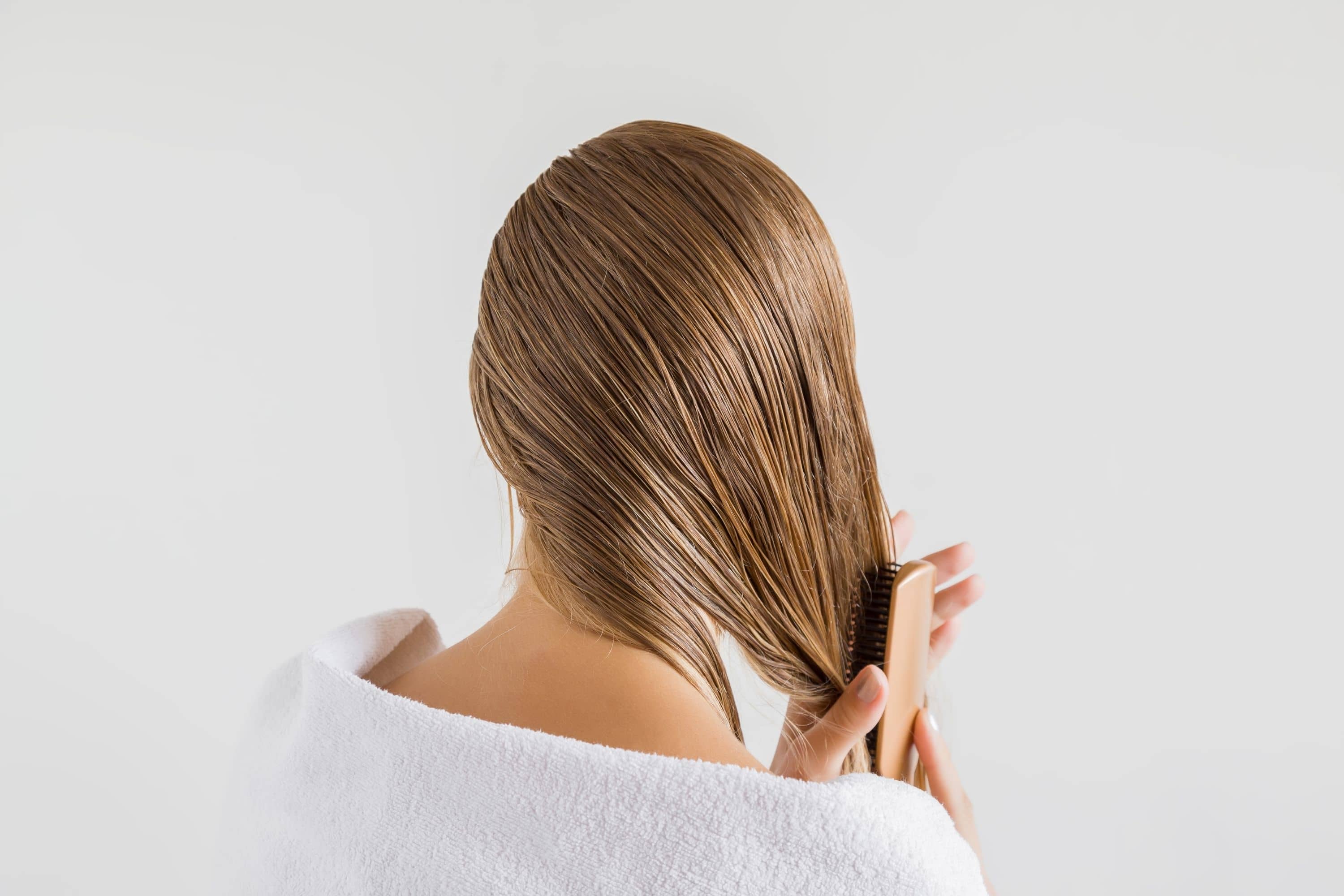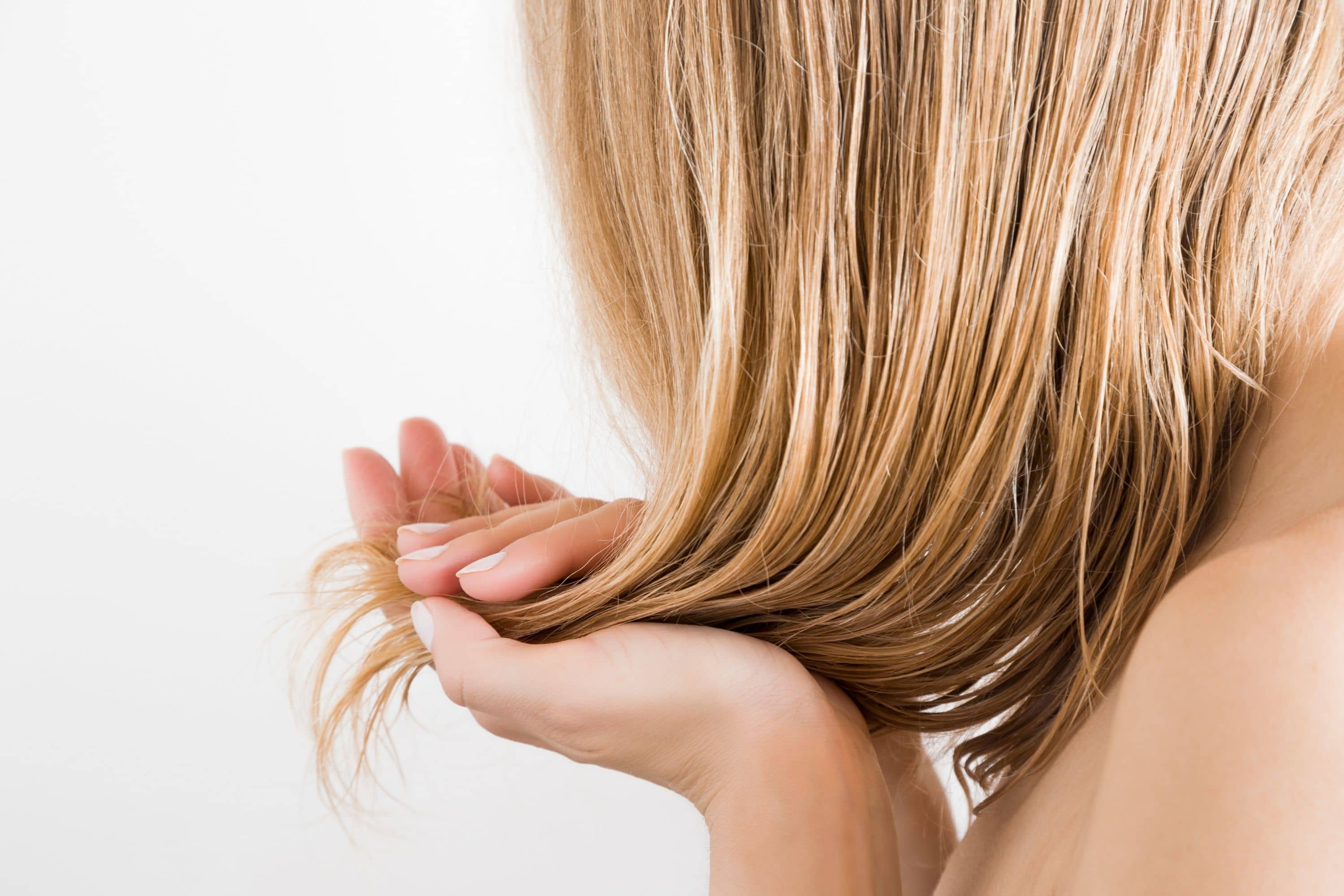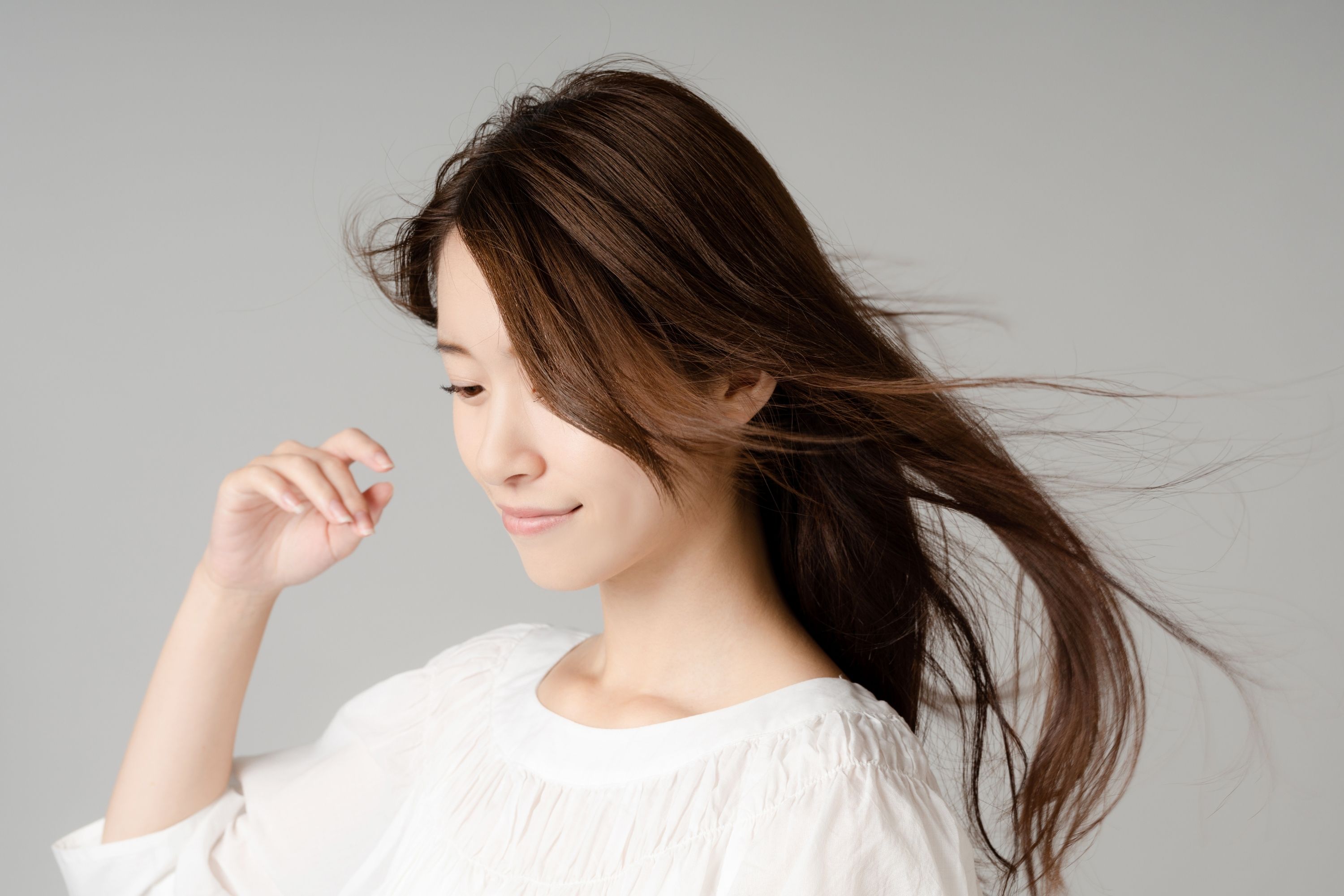When trying to get healthy, shiny hair, it’s not uncommon to look to the next greatest product or salon recommendation. Before you spend more money on hair products, consider where healthy hair really starts: from the inside.
FoTi has been used in traditional Chinese medicine for thousands of years. Here’s everything you need to know about FoTi and how it can benefit your hair.
What Is Fo-Ti?
Fo-Ti is a plant derivative that’s been used in traditional Chinese medicine for centuries. Originally called the Jiaotong herb, Fo-Ti was primarily used for energy support. Many also use it both internally and topically for its positive impacts on the skin and hair.
According to the lore, an elderly man who wanted to look and feel younger once consumed this root, which turned his grey hair back to black.
While the scientific name of this plant is now Polygonum multiflorum, it’s colloquially known as “he shou wu” in some parts of China, translates roughly to: “black-haired Mr. He.”

What Does Fo-Ti Really Do?
Is Fo-Ti a magical fountain of youth that will turn back the clock? Of course not! But it does have some compelling benefits. Like many traditional herbs and medicines, there are limited studies surrounding its efficacy. However, the initial studies are promising.
FoTi has a proven impact on hormones, particularly estrogen. As low estrogen levels contribute to hair loss — as do disorders like PCOS and endometriosis — it’s no surprise that FoTi aids with hair growth and retention.
Scientists are currently evaluating FoTi as a natural hormone replacement therapy for women experiencing menopause. As Fo-Ti can have interactions with hormones, it’s not recommended for pregnant and nursing women.
Initial studies also show that FoTi potentially offers neurological protection and contributes to improved cognition with age.
It’s also being evaluated as a way to treat Alzheimer’s and dementia – by WebMD

How Do I Know If I Need FoTi?
If you’re experiencing hair loss or a lack of hair growth, it could indicate either a hormonal imbalance or vitamin deficiency.
Before you address a potential hormonal imbalance, take a look at your diet. Some of the common deficiencies that contribute to hair loss include:
Biotin
Biotin has become a popular supplement for hair growth. Also known as vitamin B7, biotin helps the body process and metabolize macronutrients — protein, carbohydrates, and fats.
As the hair is made from a protein called keratin, the ability to sufficiently process protein plays a pivotal role in hair health.
The body can’t naturally synthesize vitamin B7, but bacteria within the body can produce it. Additionally, you can find biotin in food sources.

Protein
While taking biotin can help you process protein for better hair growth, it won’t be as effective if you aren’t eating enough protein. Eating enough protein helps prevent hair loss by strengthening the hair follicle.
Typically, people who increase their protein and biotin intake notice less hair coming out in the shower or their brush after a few weeks.
You can get lean protein from meat or plant-based sources, including poultry, venison, fish, lentils, quinoa, Greek yogurt and eggs.
If you struggle to get enough protein through whole foods, consider taking a protein supplement to fill the gap.

Collagen
Collagen is a protein, which might be confusing. However, collagen is a specific protein that’s derived from connective tissues in animals.
If you get a significant portion of your protein from a whey or casein supplement, it’s coming from a completely different source and has different amino acids (AKA the building blocks of life).
Those with plant-based diets also struggle to get collagen through whole foods.
This protein acts as the building blocks for your tissues, including bones, skin, tendons, ligaments and hair.
Collagen can help prevent hair loss, promote new hair growth, and even delay hair loss and graying.

Iron
If you’ve ever struggled with an iron deficiency or anemia, you know that one of the side effects is hair loss. This issue transpires due to the lack of hemoglobin in your blood. Iron is responsible for the production of hemoglobin, which moves oxygen through your body.
That oxygen is used to repair cells and help them grow. If you don’t have enough oxygenated blood in your body, your hair won’t have what it needs to stay healthy.

It’s important not to take iron supplements unless recommended by a doctor. Consider having your blood tested to determine whether you’re experiencing an iron deficiency. In the meantime, fill your diet with leafy greens, like spinach and kale.
Eating a diverse diet with lean protein and vegetables will help you get the nutrients you need for healthy, shiny hair.
